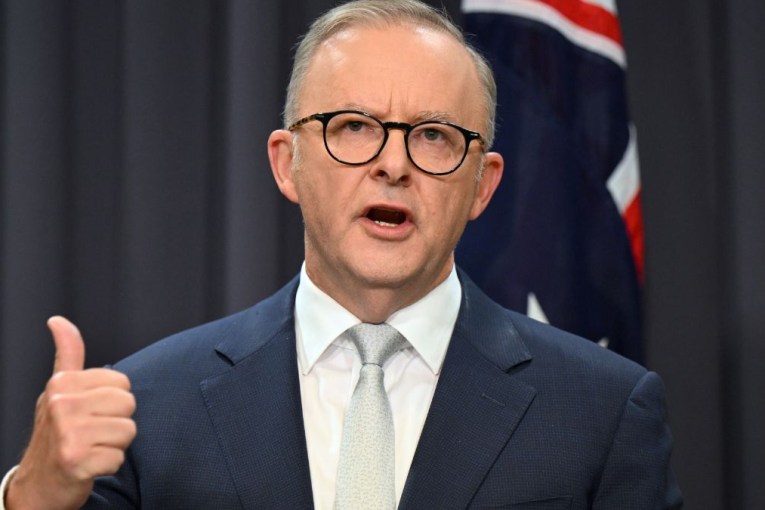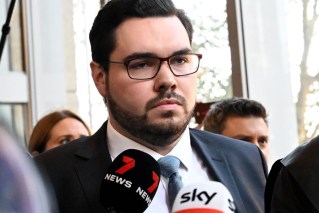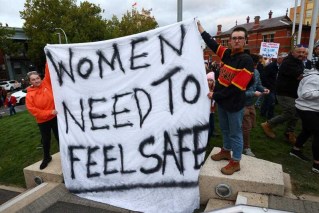Korea trade deal “world class”: Robb
· South Korea free trade details
Trade Minister Andrew Robb is confident the terms of a free trade agreement negotiated with Korea won’t put the Australian government at risk of being sued by foreign companies.
Mr Robb on Monday released the full details of the deal struck two months ago, lauding the benefits it will bring to Australian investors, particularly in agriculture, manufacturing and services industries.
The Korean-Australian FTA (KAFTA) will eliminate tariffs on nearly all exports into Korea, Australia’s third-largest export partner, with farm products expected to skyrocket.
But the deal includes a contentious provision that allows Australian and Korean investors to take legal action if there is a breach of treaty obligations.
Critics, including Labor, warn these so-called investor state dispute settlement provisions could threaten consumer rights and government’s ability to regulate in the public interest.
But Mr Robb was adamant there were protections in the FTA to ensure the government would not be prevented from making future policy decisions in areas like public health and the environment.
He said it was logical that Australian companies should have a comeback if major investments were made into Korea but later the terms were breached.
“It’s a protection for our investors,” he told reporters in Canberra, adding Australian companies had successfully taken legal action in the past.
“It has been a very effective – little used – but very effective component, especially in countries where their legal system is not up to the standard that it might be.”
He said ISDS provisions weren’t new, having existed in Australian trade deals for 30 years.
Just one case had been taken against Australia – the legal challenge to the Gillard government’s introduction of plain packaging for cigarettes.
[polldaddy poll=7805386]This deal is seen as the first step in the Abbott government’s trade agenda, with similar agreements being pursued with Japan and China and the broader Trans-Pacific Partnership still being negotiated.
Mr Robb said the Korea deal levelled the playing field with Australia’s competitors like the US, EU and other Asian nations who signed FTAs with Korea years ago.
“It has put so many of our traditional exports at a very severe disadvantage,” he said.
Korean investments in Australia will only go to the Foreign Investment Review Board for approval if they’re valued above about $1.1 billion – up from $248 million.
No progress however was made on rice, walnuts and honey, because concessions were deemed too sensitive by Korea.
Mr Robb is hopeful the deal will be signed within four months – pending examination by the parliaments of both nations – and in force shortly after.








